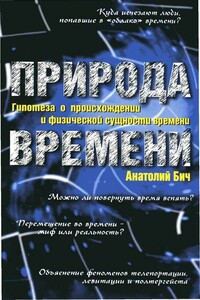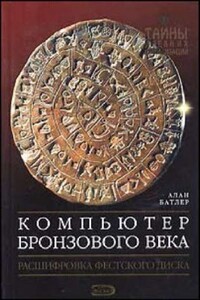Английский язык для специальных и академических целей: Международные отношения и зарубежное регионоведение. Часть 1 | страница 96
4. Jean-Claude Juncker (born 9 December 1954) is the 12th and current President of the European Commission, the executive branch of the European Union (EU). A Luxembourgish politician, Juncker was Prime Minister of his native country from 1995 to 2013, as well as Minister for Finances from 1989 to 2009. He was the longest-serving head any national government in the EU, and one of the longest-serving democratically elected leaders in the world, by the time he left office, his tenure encompassing the height of the European financial and sovereign debt crisis. From 2005 to 2013 Juncker served as the first permanent President of the Eurogroup.
5. David Wright Miliband (born 15 July 1965) is a former British Labour Party politician who was the Member of Parliament (MP) for South Shields from 2001 to 2013, and was the Secretary of State for Foreign and Commonwealth Affairs from 2007 to 2010. He and his brother, the current Leader of the Labour Party Ed Miliband, were the first siblings to sit in the Cabinet simultaneously since Edward, Lord Stanley, and Oliver Stanley in 1938.
1. a two-speed Europe
2. a legally binding intergovernmental agreement
Unit III. EU at the Crossroads
3. the inner core/the “euro-core”
4. surplus and deficit countries
5. to sideline the European Commission
6. to speak with one voice
7. the common trade policy / budget / foreign policy / judicial space
8. fragmentation of the EU into formal and informal alliances
9. a coalition with shared interests
10. the break-up of the EU
11. to meet the membership / convergence criteria
12. under the provisions for
13. fall within the scope of the existing treaties
14. a ... Europe of variable geometry
15. to strike a balance between austerity and budget transfers, liberalisation and social protection
1. What lies behind the concept of a two-speed Europe?
2. What does the paradox of the idea of a “euro-core” consist in?
3. Why does the concept of a two-speed Europe pose a danger to the EU both institutionally and politically?
4. What might be the effect of an agreement between the “core” countries on the common judicial space, common foreign policy, and economic issues?
5. How feasible is the danger of the EU fragmentation into a number of alliances?
6. What measures should be taken to prevent the break-up of the European Union?


